It’s July and it’s happened again. I’ve broken myself, we have labelled somebody as the new Eddy Merckx, and a French cycling team have managed to make the headlines in the Tour de France by having their hotel raided and one of their riders carted away in his Babar pyjamas (if you’re not familiar with Babar start here and then ask your parents why they didn’t love you as a child). Someone skinny, British, and with a propensity for swearing and crashing is winning (and no it’s not me), and everyone is accusing him of charging because he isn’t a) someone who HAS been winning races for years (because then we wouldn’t need to accuse him of doping, we would know he was doping), b) claiming legitimacy from an illness which affects many people, or c) young, handsome and from Luxembourg.
Quite rightly, Bradley told his detractors exactly what he made of their criticisms. Interviews are dull when you trot out the same crap every time, nobody wants to hear that your bike is the best you’ve ever ridden, that you only gamble on the Belgian state lottery, or that you just refloored your entire home with Quick Step’s top-of-the-line linoleum. If you ask someone a question and they give an honest answer and then you tear them a new one on your five-hits-a-week website because that answer didn’t fit with a bourgeois-liberal conception of professionalism and self restraint, you need to find a new job, or a new sport to bitch about. Cycling is about hard labour, and when I’ve worked on building sites, I’ve never copped any trouble for calling anyone a wanker.
Now, doping. The bête noir of cycling and the cloud which hangs over every great performance since, well, since we started giving people money to ride bikes faster than other people. What’s really at stake here is not IF people dope but WHAT doping is and WHY we term certain substances as doping and others as okay. Let’s look at a few examples. HGH is universally seen as cheating, it’s dangerous, your jaw will grow etc. etc. There’s actually no hard evidence for this (Lopez 2011). Likewise EPO – it’ll kill you in your sleep, once again there is ZERO evidence that any of the so-called “EPO deaths” were in any way linked to EPO. I have said it before and will continue to say that a sensible, controlled regime of hormonal and blood replacement is, in many cases, MORE healthy for a rider than nothing at all. So the argument that doping is about rider health seems to be stood on soft ground.
Now let’s look at substances which are perfectly kosher, shall we? Just about every team bus has a coffee machine, Saeco sponsored some pretty stylish riders back in the day, and no cyclist’s Instagram page is complete without a filtered “portrait” of latte “art” (I like the idea of temporary consumable, transient art, but not on top of 800 calories of homogenized dairy and corn syrup). We would NEVER stop and accuse Bradley Wiggins of packing in one too many macchiatos, and yet levels of above 12 micrograms of caffeine per milliliter in urine were banned until 2004. And it’s not like there aren’t legitimate cases of deaths from caffeine overdose ) and apparently our feathered friends aren’t safe either. And while we’re at it, there is a plethora of research showing that caffeine DOES make you go faster, in fact it can have more of a boost than many banned drugs. So doping isn’t about health, and it isn’t about performance, either. What is it about?
Doping comes down to an enforced notion of morality, a line in the sand which is entirely arbitrary and one over which careers are lost and battles are fought. I’m not saying it’s okay to dope. It’s not. Bike races are entirely aribtrary as well, the courses make no logical sense; I could get to Roubaix from Paris faster if I navigated by myself (not that the race follows that route anyway), but the course mandates that I follow certain roads. The same is true of doping – it’s not about morality or health, it’s about rules. I wouldn’t take a shortcut and I wouldn’t dope. But if I did either I wouldn’t lie, threaten, intimidate, and bully people to hide it. I wouldn’t kick up a fuss in the federal court and leverage an illness which affects millions for my own personal gain. So let’s get this straight, doping is CHEATING but it isn’t dangerous.
So when does doping become morally reprehensible?In short, I believe that it’s not a moral absolute. It’s my contention that the lowly domestique on a Spanish or Belgian continental team, trying to race 100 days a year to put a roof over his head and a meal in front of his children, and taking testosterone to survive doing so is not doing something wrong – it’s akin to stealing bread to feed your family. When the bike is le metier, the working man needs to do what he can to go to work. You wouldn’t begrudge a lumberjack his chainsaw, but it would be more pure and more “natural” for him to use an axe. We use tools to do our jobs – sure we could do them without but we wouldn’t do them as well and we couldn’t do them for as long. As a cyclist you already set aside your well-being in old age to make a living (and a very enjoyable one, I’ll admit) whilst young. In short, when doping is about working-class survival it isn’t, in my opinion, morally deviant. It is cheating and those who get caught should expect to be treated as the rules outline. But they are not bad people.
However, when you’re feeding all five of your children exclusively on caviar and Honey Stinger waffles, when you’re not facing the choice of another day slugging around a drizzly 200km on the front in a nondescript 2.2 in France, or the alternative of going back down the mines like your father and grandfather, then you’re using drugs to get the edge on your competition and to win. That makes you a cheat. And when you publicly vilify the guys who day after day gave their all for you and took none of the glory, when you spit upon the people who lifted you onto a pedestal, well that makes you a bad person.

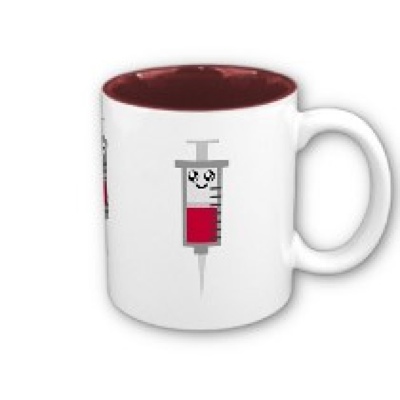



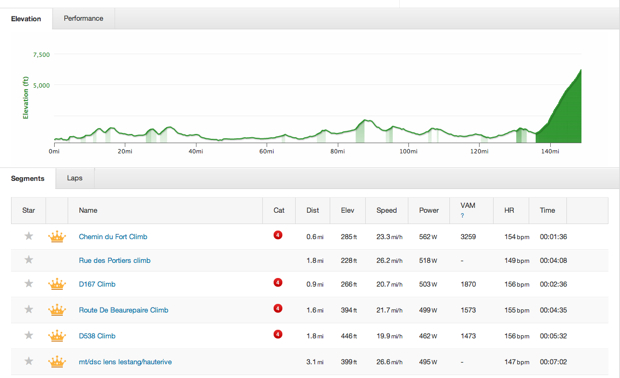


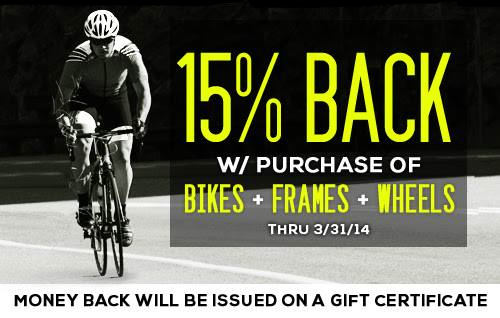


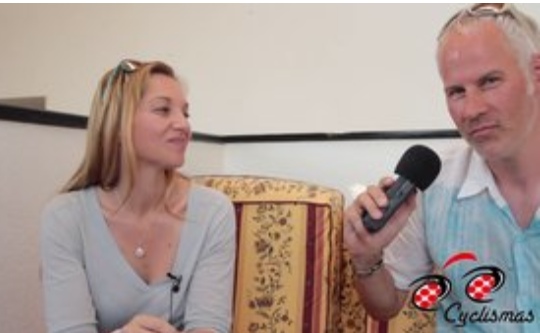

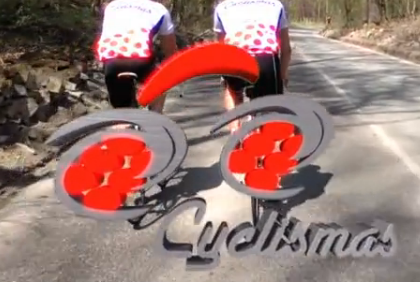

1 Comment
HGH is cheating if you are in sports otherwise its acceptable
http://uspeptides.com/sermorelin.html